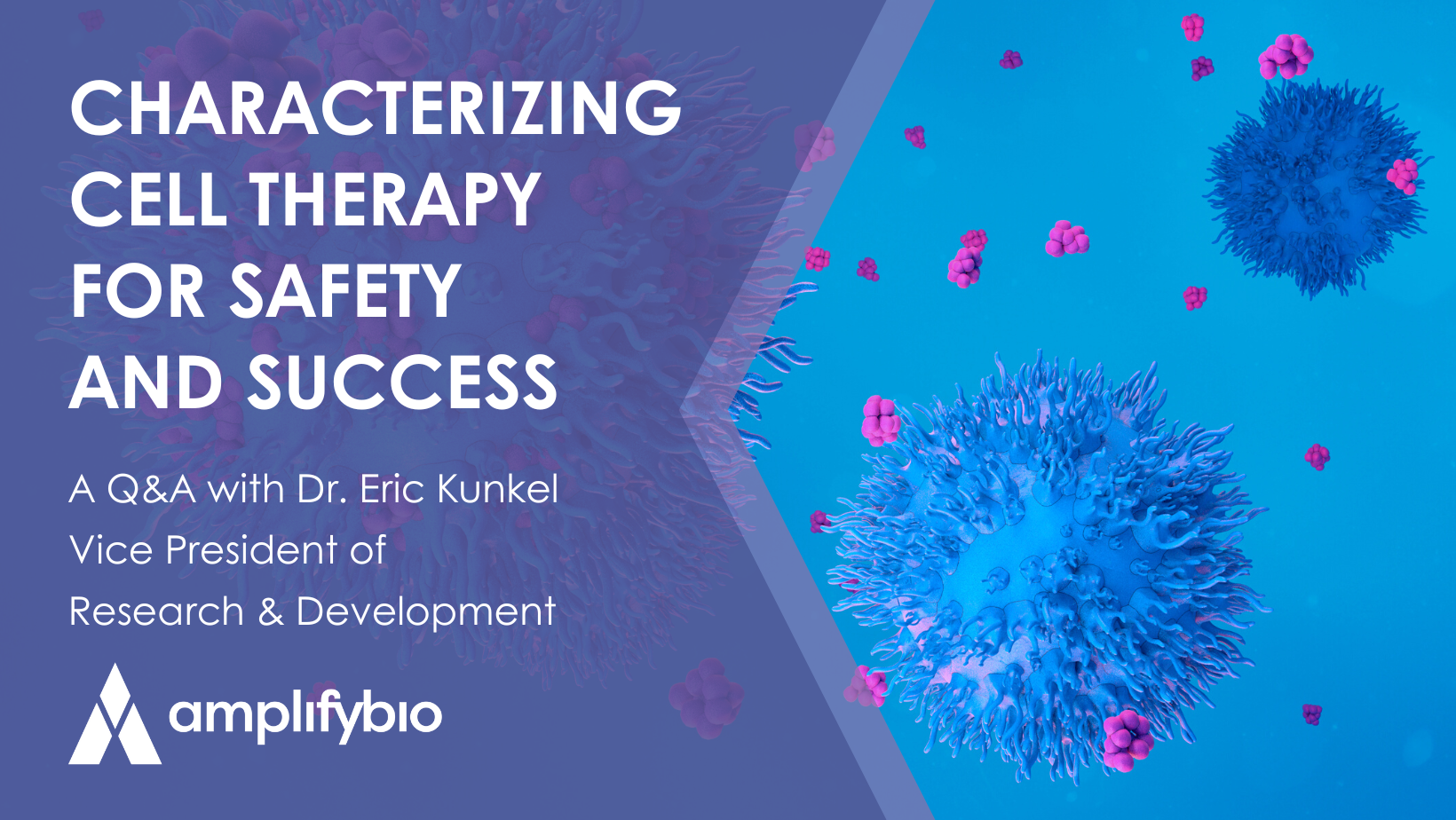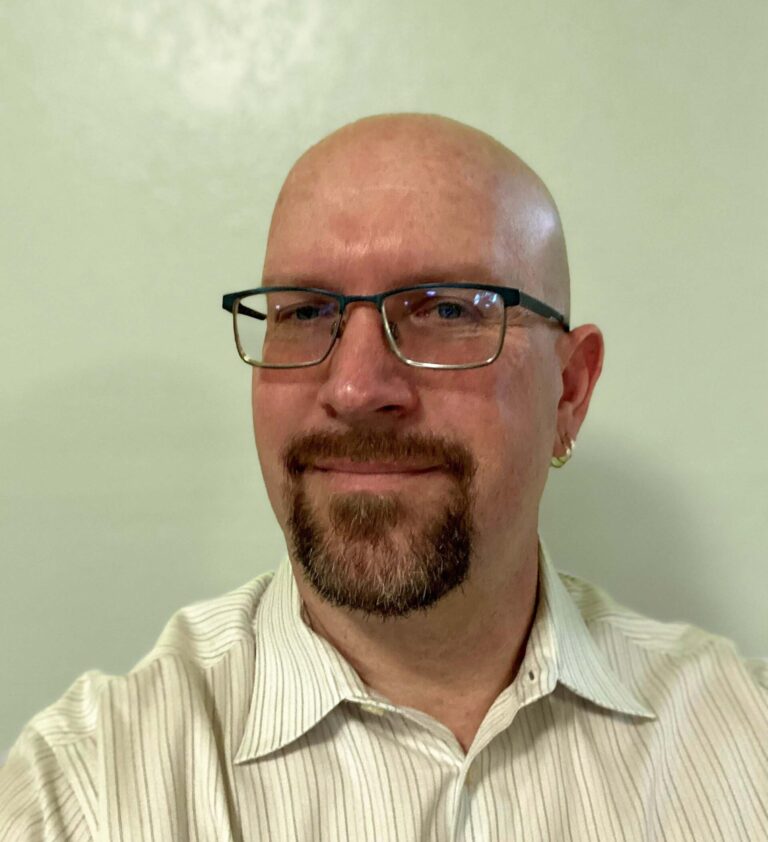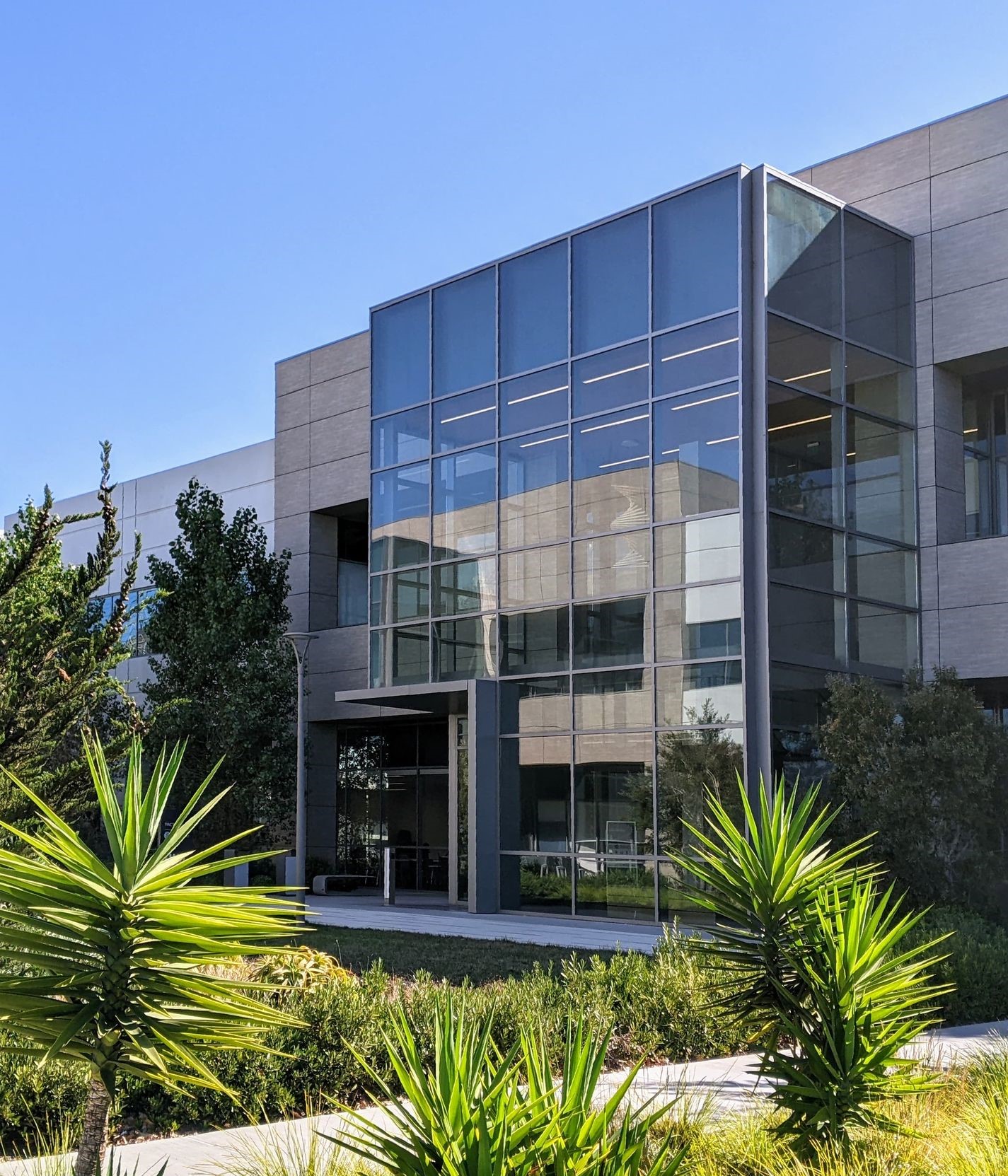
AmplifyBio's Discovery, Optimization, & Characterization of Cell Therapies in a Pre-Clinical Setting
In this blog, Eric Kunkel, Vice President of Research and Development at AmplifyBio’s new “DOC” (discovery, optimization, and characterization) facility in South San Francisco, walks us through some of the benefits that the team can offer clients developing advanced therapies.
Can you explain the background that you and the team have in characterizing cell therapies?
Eric Kunkel: Prior to the acquisition of our SSF lab by AmplifyBio, I was a VP for PACT Pharma, leading our TCR Discovery Platform Development and part of the team identifying TCRs for use in the PACT Pharma clinical trial for personalized TCR therapies. I led the team responsible for a complex TCR discovery workflow consisting of protein screening library production, flow-based cell sorting, and next-generation sequencing for TCR identification, TCR cloning, CRISPR editing, functional testing of identified TCRs, and in vitro specificity and safety assays.
Today, as part of AmplifyBio we have a team of 20 scientists (including 8 with PhDs and 5 with MS degrees) with expertise in the same TCR discovery space, but we’ve also added broader advanced therapy discovery expertise that includes designing vectors/payloads for both viral and non-viral cell editing and single-cell phenotyping. Not only can the team discover TCRs for use in TCR-T cell therapies and TCR-based bispecifics, but we can design customized functional and phenotypic characterization programs for cell therapies, assess edits to T cells using non-viral methods that will improve therapeutic potency and safety, de-orphan TCRs from TIL or MIL pools, and assess tumor microenvironment before and after therapy dosing.
In short, the team are experts in cell and protein engineering and characterization assays and has a proven track record for bringing cell therapies to the clinic.

Dr. Eric Kunkel, Vice President of Research and Development
What are the key customer issues and risks that can be mitigated or solved at A-DOC?
Eric Kunkel: At the core of our service offering is the belief that being diligent about therapy characterization early in development can prevent disruptions as the drug is scaled-up, manufactured, and enters the clinic. We know clients whose cell therapies lose potency or change phenotypic characteristics as they are scaled, or where the in vitro mechanism of action from preclinical work just doesn’t translate to clinical efficacy in trials. By using multiple techniques, we can give a clearer and earlier view of drug characteristics and dig deeper into product function, facilitating more straightforward translation between stages – enabling scientists to understand if something changes, and what the change may mean.
Many early cell therapy companies may also want to target solid tumors but don’t have the infrastructure or capital to build capabilities for TCR-based cell therapy or TCR bispecific discovery and characterization. We allow clients to leverage our expertise in those areas instead of investing in the capabilities so that they can quickly start work and move toward the clinic.
As non-viral editing approaches become more mature, we see that companies want to leverage our expertise in this space to move away from viral editing to make safer and more efficacious therapies. We can help clients design non-viral constructs, validate payloads/edits, and provide expertise in clinical scale non-viral cell therapy manufacturing.

Finally, the choice between keeping all discovery work in-house and outsourcing does not have to be one where clients feel like they lose visibility and control of the process. AmplifyBio partners fully with clients through the new A-DOC facility complementing our existing world-class preclinical A-SET facility (preclinical CRO), allowing constant and integrated communication throughout discovery and safety testing work.
What is one key benefit to customers when partnering with A-DOC?
Eric Kunkel: Outside of the broad expertise of the entire AmplifyBio team in advanced therapies, I think the most significant benefit is that clients can preserve capital without sacrificing the quality of R&D efforts. Building in-house capabilities for R&D in a quality environment and with the level of expertise needed is easily a $12 million/year proposition, and that’s assuming companies can find the number of scientists with specific experience in cell and gene therapy development in a given location, which is not easy. Having a core group of client discovery scientists being able to partner with our team is a “best of all worlds” scenario. What we are building here is not just hired “smart hands.” We bring innovation, a passion for the work, and significant track records to the table to help clients get the right strategy in place early and in a capital-efficient manner
How do these discovery and characterization services fit into AmplifyBio’s broader strategy?
Eric Kunkel: Amplify Bio is building out an ecosystem for the commercialization of advanced therapies. Having started with an established leading preclinical CRO spun out from Battelle, the first step was to add a state-of-the-art phase one bioanalytics lab to that business, now branded “A-SET, (Amplify – Safety, efficacy and toxicology). That lab is focused on assessing biodistribution, gene expression, vector integration, and monitoring immune responses for in vivo studies. Adding A-DOC allows us to partner with clients earlier in their R&D cycle to establish design assays that will give adequate insight into product consistency and performance to take customers from R&D, through safety assessments and all the way to where they are ready for a more successful manufacturing scale-up and continued monitoring once the drugs are in the clinic. It is a significant step toward a vision to become the preferred partner for bringing advanced therapies to market.
What does AmplifyBio mean by the “Product is the Product”
Eric Kunkel: In the early days of cell and gene therapy manufacturing, trials were limited small numbers of rescue patients (compassionate use) and drugs were expedited appropriately through process development. Since then, the rate of development of advanced therapies has increased dramatically, and with it the patient populations being served are larger with more diverse indications. Those larger and different stage populations require improved safety and more checks on product consistency. We believe that historically, a focus on “the process is the product” shifted the industry’s focus away from the product so that inconsistencies commonly arise on the road from R&D to CMC. Also, it’s important to remember that we haven’t always had the technologies and understanding to benchmark and track advanced therapy characteristics and function thoroughly, but today we do. And with that ability comes an increased obligation to do so, both for patient safety and to mitigate the risk of product failure. At AmplifyBio, we believe that with the right product characterization approach, we can say that ‘the product is the product’ and will remain so all the way from discovery through commercialization.
Read More:
AmplifyBio – Discovery, Optimization, and Characterization
AmplifyBio Emerges as a Leader in Cell Therapy Characterization
Download the Amplify-DOC Flyer
Contact Us
As an expert contract research organization (CRO), AmplifyBio leverages decades of experience to create modern commercial drug development solutions. From CRO and preclinical CRO needs to cell and gene therapy and advanced therapy testing, our accredited team designs innovative paths to produce globally recognized studies, services, and more.

